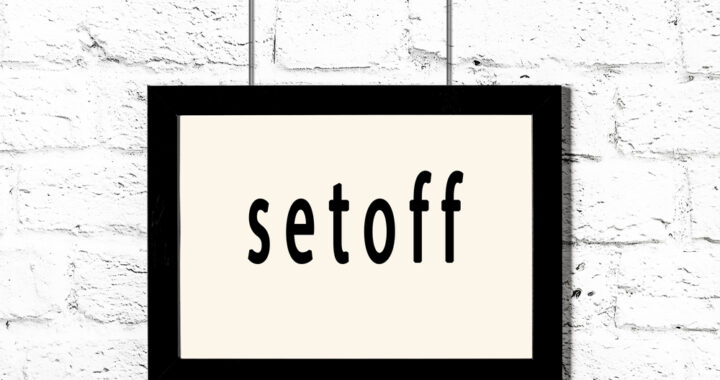The theory of “setoff” is an important theory in construction disputes. Florida’s Fourth District Court of Appeal recently provided worthy discussion on contractual setoffs:
Setoffs in contract claims are governed by [Florida Statute] section 46.015(2), which provides that if a plaintiff has released “any person in partial satisfaction of the damages sued for, the court shall [setoff] this amount from the amount of any judgment to which the plaintiff would be otherwise entitled at the time of rendering judgment.” The setoff statute intends to prohibit plaintiffs from getting double recoveries.
A setoff requires that settling and non-settling parties be jointly and severally liable. The settled damages must also be the same damages for which the setoff is sought; stated differently, a setoff is not proper where the trial damages to be setoff are separate and distinct from the settled damages.
Close Construction, LLC v. City of Riviera Beach Utility Special District, 49 Fla.L.Weekly D1184d (Fla. 4th DCA 2024) (internal citations omitted).
Here is how setoff became the driving issue in this appeal.
A public body terminated a contractor and made a claim against the contractor’s performance bond surety. The surety, prior to any lawsuit, settled the performance bond claim for $1 Million (presumably, based on its own risk management). The public contractor and contractor ended up in a lawsuit that proceeded to a jury trial. After the trial, the trial court entered a final judgment to the public body for about $1.9 Million. The contractor moved to setoff the $1M from the judgment that its surety previously paid, which the trial court denied. The appellate court, thankfully, reversed this component of the judgment because setoff should undeniably apply.
Whether the trial court properly awarded setoff is a question of law. Close Construction, supra (internal citations omitted).
The appellate court found that the contractor’s performance bond surety’s settlement payment should be setoff from the judgment the public body received against the contractor:
The District argues that Surety’s payment does not fall within section 46.015(2)’s “sued for” language because the District did not sue Surety on the [performance] bond and Surety never became a defendant in the breach of contract action. We find this argument meritless. The “damages sued for,” i.e., the damages which the District sought in its litigation against [contractor], are the same damages covered by the District’s settlement with Surety. Those damages are the same regardless of whether the District sued Surety.
Contrary to the District’s argument, the setoff statute applies where a plaintiff releases “any person” — the statute is not limited to only litigants. Requiring a lawsuit to be filed as a prerequisite to a setoff would allow a suing party to recover twice by electing not to sue every party or by simply obtaining pre-litigation settlements. Here, the damages sought are the same whether the District brought a bond action against Surety or a breach of contract suit against [contractor]. The District recovers from Surety only because it stands in [contractor’s] shoes under the bond’s terms as a payment source for any damage caused by [contractor’s] breach of contract. In other words, Surety is liable only if [contractor] is liable too.
In sum, the District’s settlement with Surety for the amount of the performance bond resulted from [contractor’s] breach of the contract. Surety and [contractor] were jointly and severally liable for the damages caused by [contractor’s] breach under the bond’s terms. When the District obtained a verdict for damages caused by [contractor’s] breach, the District was recovering for the same damages already covered by the settlement with Surety. The District cannot recover from both [contractor] and Surety for the exact same damages for which the two were jointly and severally liable.
Close Construction, supra (internal citations omitted).
There are times a performance bond may buy-out of an exposure. However, under no circumstances should this allow the beneficiary of the performance bond (known as the obligee) to receive a windfall or double recovery!
Please contact David Adelstein at dadelstein@gmail.com or (954) 361-4720 if you have questions or would like more information regarding this article. You can follow David Adelstein on Twitter @DavidAdelstein1.


 If you are bargaining for a contracting party to obtain a
If you are bargaining for a contracting party to obtain a  There are circumstances where a
There are circumstances where a 